Welcome Desiree!
Desiree Johnson
Can you please introduce yourself?
My name is Desiree and I’m a proud Ngalakan, Mudburra/Jingili woman and my mob descend from Roper River, South East Arnhem Land and the Barkly region of Elliot, Northern Territory. My skin name is Burlanyjan and my language groups are Marra, Kriol and Mudburra. I’m an experienced Early Childhood/Primary School Teacher and I love incorporating Indigenous pedagogy and language programs into my classroom environment. I am excited to take on my new role as Language Work Trainer and be a part of the amazing work that Living Languages is doing around Australia with Indigenous languages.
Can you tell us a bit about your language journey? Or about the language work you’ve been a part of?
Exploring and learning my own languages has always been a passion and part of my language journey most of my life. Both my Father and Grandmother were part of the stolen generation and I didn’t grow up speaking our traditional languages Marra and Mudburra. My Dad passed away when I was young and nobody spoke any of our traditional languages. My Grandmother was taken away from her traditional country and taken to Darwin to work as a domestic at Parliament House. Nana could always understand Marra when she saw family but as the years went on she spoke less and less herself. I’ve always loved exploring Indigenous and other languages from around the world. I’ve worked at a language centre and I’ve also studied a Diploma of linguistics.
What does your language mean to you?
My languages are very important and they are part of my connections to my identity, country and family. I am also passionate about teaching my own children our languages so that they are confident in who they are and strong in their own identities.
What are your hopes and aspirations for your language?
I would like to continue to learn my languages and study a degree in linguistics to become an Indigenous Linguist in the future. I love working with Languages, supporting others to learn and revitalise their own languages and learn how they can incorporate their language into their everyday lives regardless of how little they may know or have access to. I want to see our languages everywhere all around Australia for all Australians to see and learn about.
What is one word you love in your language, or one thing that you love about your language and why?
I love the word ‘lijinim’ which means ‘listen’ in Kriol because it’s so important to listen so you can learn about your language.

